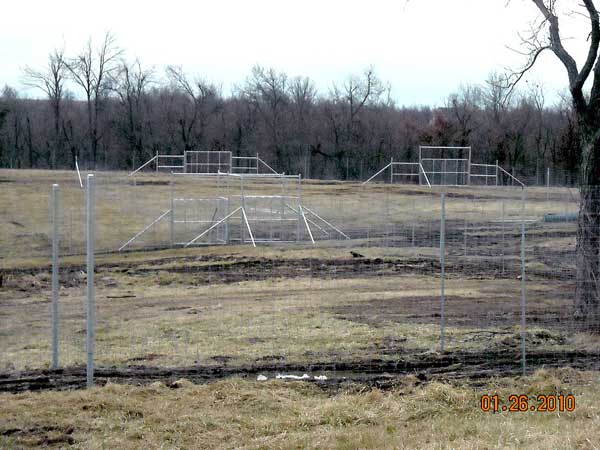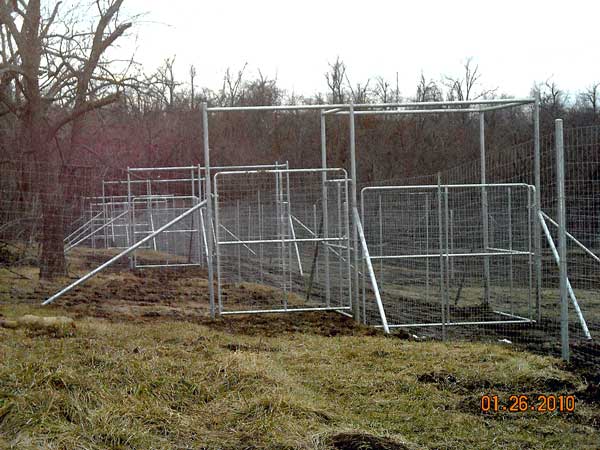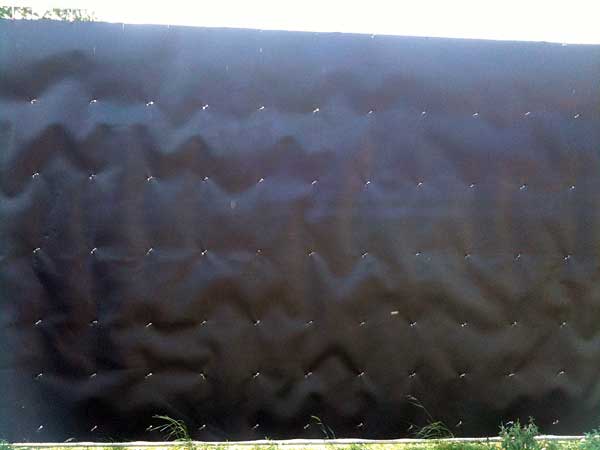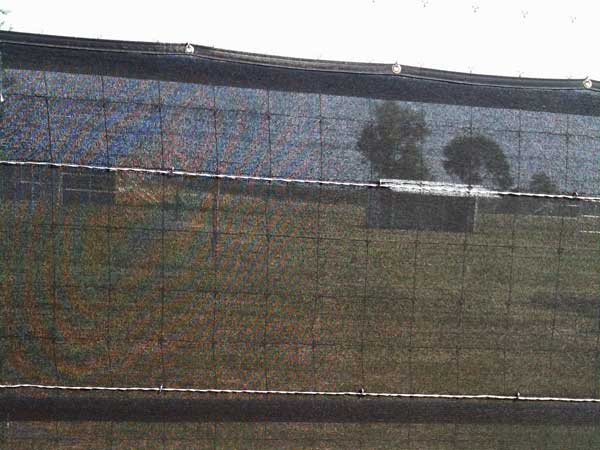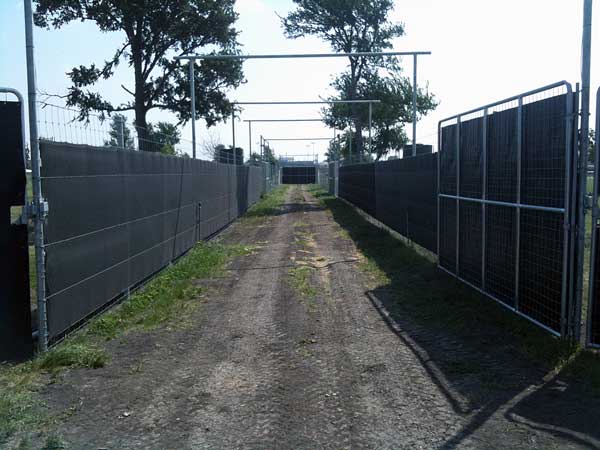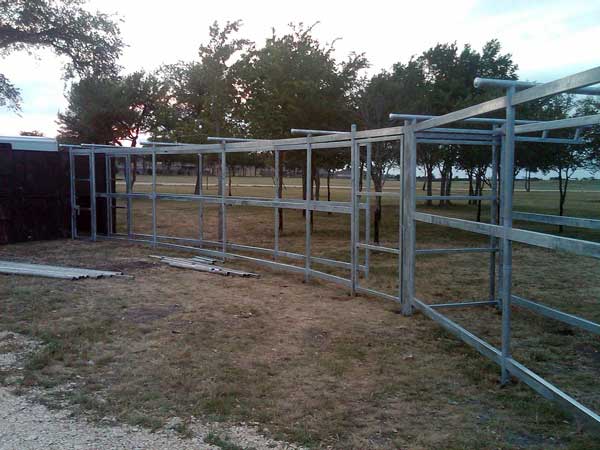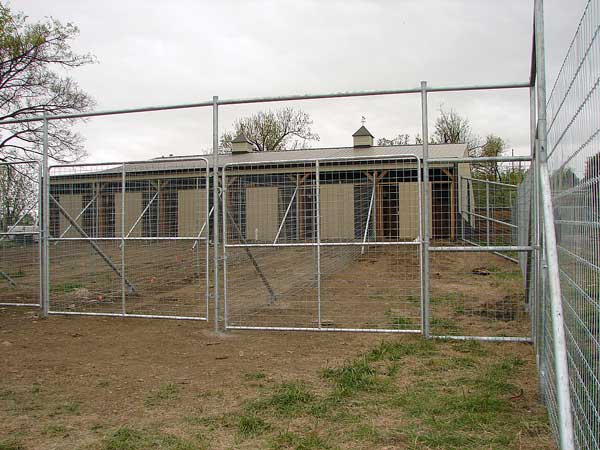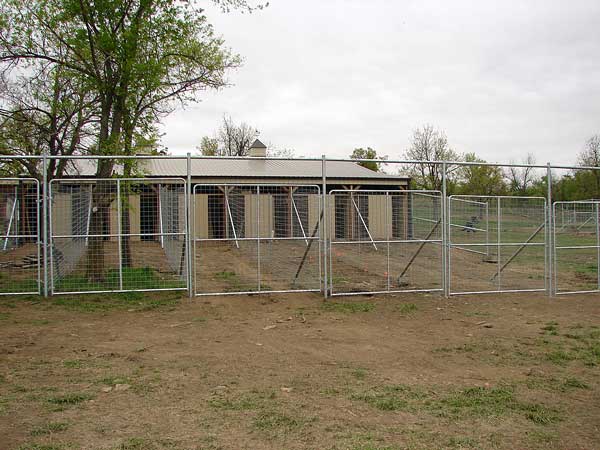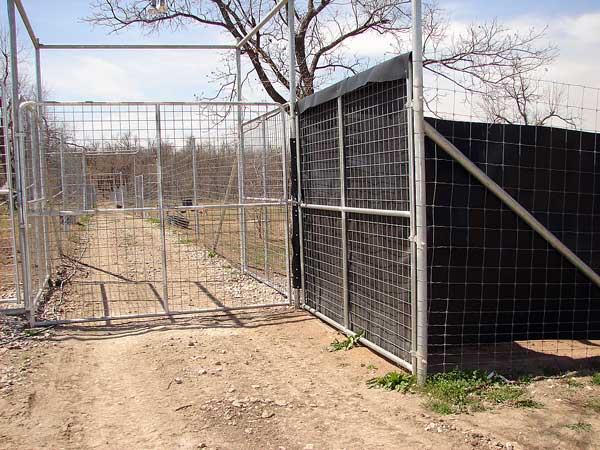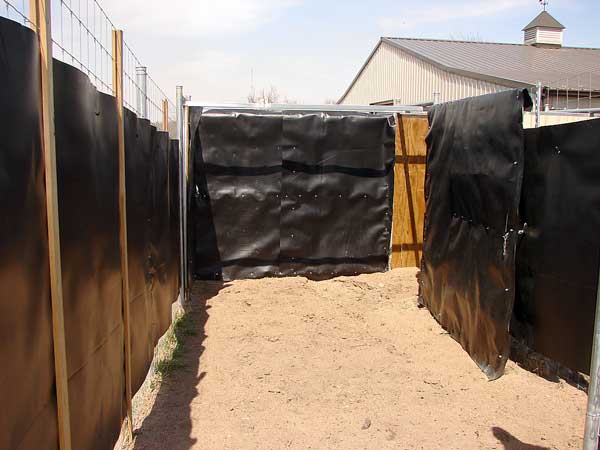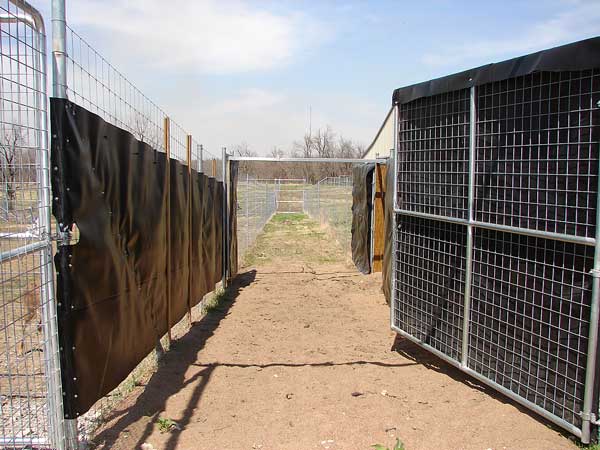The success of a livestock breeding facility will rely on several crucial factors, and among the most critical is the quality of its livestock fencing. Effective livestock fencing plays a pivotal role in ensuring the well-being of your animals, safeguarding your investment, and streamlining your operations. There are many crucial factors to consider when determining the most suitable option for livestock fencing in breeding facilities.
The Most Suitable Livestock Fencing for Breeding Facilities
The ideal type of fencing for your breeding facility depends on several factors, including:
- The type of livestock you are breeding: Different animals require varying levels of containment and have specific behavioral tendencies. Cattle fencing, horses fencing, sheep, and goats each have unique needs that must be addressed by the chosen fencing.
- The size and layout of your breeding facility: Consider the perimeter you need to enclose, the number of individual pastures or paddocks, and any specific requirements for access points and gates.
- Your budget and long-term goals: While the initial cost is important to consider, factor in the durability, maintenance requirements, and lifespan of different livestock fencing options to ensure a cost-effective solution in the long run.
Here are some of the most common and effective fencing materials used in breeding facilities:
- Woven wire: This strong and versatile option is suitable for a wide range of livestock, offering excellent containment and durability.
- High-tensile wire: This economical option utilizes pre-stretched wires for enhanced strength and requires fewer posts, making it ideal for large enclosures.
- Wood fencing: While aesthetically pleasing, wood requires regular maintenance and might not be suitable for all types of livestock due to the possibility of chewing or breaking.
- Electric livestock fencing: This can be used as a standalone deterrent or in combination with other livestock fencing materials to provide an additional layer of security and encourage good animal behavior.
Advantages of Livestock Breeding Facilities Fencing - Why It's Essential
Investing in proper livestock fencing for your breeding facility has several advantages, including:
Animal containment
Effective fencing prevents animals from escaping the designated area, ensuring their safety and preventing them from damaging neighboring properties or crops.
Predator control
A sturdy fence keeps predators and destructive animals like coyotes, foxes, dogs and wild hogs out, safeguarding your valuable breeding stock and protecting their offspring.
Biosecurity
Fencing helps to control the movement of animals and potentially harmful organisms, minimizing the risk of disease transmission within your herd and from external sources.
Improved herd management
Fencing allows you to create separate enclosures for different breeding groups, facilitating controlled breeding programs and simplifying animal management practices.
Increased property value
Well-maintained fencing adds value to your breeding facility by enhancing its appearance and demonstrating a commitment to responsible animal husbandry.
Factors When Choosing Livestock Breeding Facility Fencing
When selecting the right livestock fencing solution for your breeding facility, consider the following key factors:
- Strength and durability: Choose a material that can withstand the size, weight, and potential force exerted by your animals.
- Visibility: Good fence visibility allows for easy monitoring of your animals and discourages potential predators.
- Maintenance requirements: Opt for fencing materials with minimal maintenance needs to save time and resources in the long run.
- Cost-effectiveness: While staying within budget is important, prioritize quality and durability over the cheapest option to avoid costly replacements down the line.
- Local regulations: Ensure your chosen fencing complies with any relevant local ordinances or regulations governing animal enclosures
Frequently Asked Questions
While cost is a consideration, focusing purely on the cheapest option can be counterproductive in the long run. Factors like durability, maintenance requirements, and lifespan should be factored in to ensure a cost-effective solution. Electric livestock fencing can be an initially cost-effective option, but its effectiveness depends on proper installation and training of your animals.
The “optimal” fence depends on your specific needs and circumstances. Consider the type of livestock you are breeding, the size and layout of your facility, and your budget when making your choice. Consulting with experienced fencing professionals like LE Fence can help you determine the most suitable option for your breeding operation.
High-tensile wire fencing is known for its exceptional durability and can last for decades with proper maintenance. Woven wire fencing is also a reliable choice, offering long-term performance with regular upkeep.
Barbed wire fencing is generally not recommended for sheep due to the risk of injuries. Opt for smooth wire or woven wire fencing with smaller openings to effectively contain sheep without compromising their safety.
While the jumping ability of individual cows can vary, a well-constructed five-foot fence is generally sufficient to contain most cattle breeds. Factors like the breed, age, and temperament of the cow also play a role. Additionally, the fence’s sturdiness and the absence of any weak points are crucial in preventing escapes.
Contact LE Fence for Livestock Fencing for Breeding Facilities
At LE Fence, we understand the unique needs of livestock breeders and are committed to providing high-quality fencing solutions tailored to your specific requirements. Our experienced team can offer expert advice on choosing the most suitable type of livestock fencing for your breeding facility, ensuring the well-being of your animals, and optimizing your operations.
Contact LE Fence today for a free consultation and discuss how we can help you create a secure and functional breeding environment for your valuable livestock breeding facilities.
